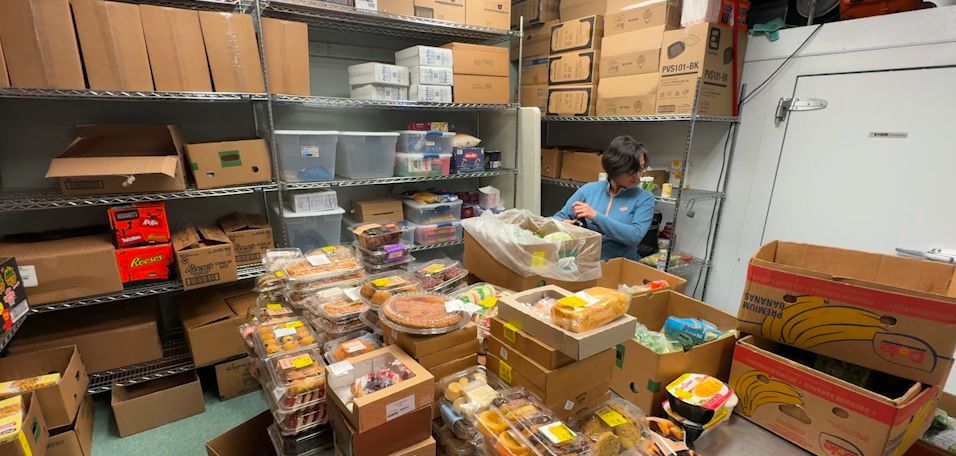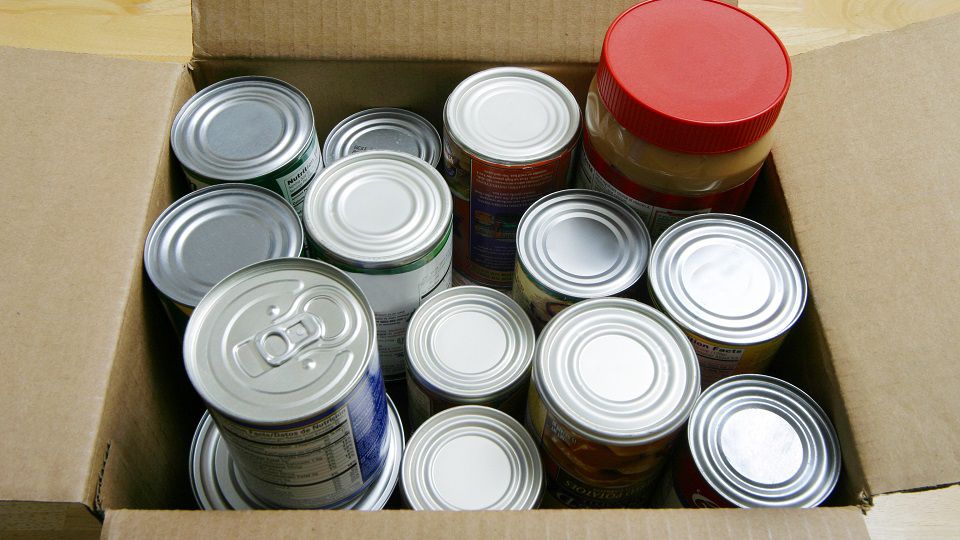ROCHESTER, N.Y. — The issue of food insufficiency has been a fight many communities have been battling for years, which is why EquiCenter Farms is helping them gear up with over 2,000 donated plants to help grow local community gardens.
Laura Despard has been on the garden committee at Cameron Community Ministries since the garden began in 2019, working to bring healthy food and promote wellness in Rochester’s Lyell Otis neighborhood.
“And since then we’ve been growing plants and getting plants from other people who have donated the plants and developed the garden that we hope the community is appreciating,” she said.
According to Foodlink in 2018, Rochester’s collective food insecurity rate was the highest of all the metro areas in New York state at 25.9% and many communities like this one are still feeling that impact.
“The need has not changed at all this is a food desert. We’re in the heart of the crescent of the city of Rochester deep in the inner city type of thing,” Despard said.
For the Lyell Otis community, the closest grocery store is more than a mile away.
“People either have to have transportation or take a bus to someplace to get fresh vegetables,” she said. “There’s just not a lot around.”
Which is why they are working hard to keep growing and working with organizations like Equicenter Farms.
“EquiCenter is starting to expand their community outreach and we’re using their hoop houses to grow plants and they gave us two flats of what they grew in their plants,” said Despard.
Equicenter launched an initiative with Cornell Cooperative Extension and Monroe County soil and water conservation district to donate more than 2,000 plants to community gardens throughout the city.
“Because we know that community gardens are one way of access,” said Kevin Stewart, community outreach administrator for EquiCenter Farms.
EquiCenter hopes to make a tangible impact on combating food insufficiency in some of the most food-insecure ZIP codes in New York state.
“We’ve kind of gotten some insight into what these folks eat on a daily basis and so sometimes that’s as simple as switching from kale to collard greens,” Stewart said.
And for the Lyell Otis community one plant in particular.
“We’ve got a lot of Cilantro because that’s very popular in this neighborhood,” said Despard. “People who live in the inner-city, some of them have grown up farming wherever they had lived before but many of them have no experience with growing vegetables, they don’t know how easy it is to grow lettuce, they don’t know what corn looks like on the stalk. They just see these things in the store in cans and not fresh.”
They are making the mission not just combating food insufficiency, but educating the community as well.
“We’re working hard to make it have an impact,” Despard said.








